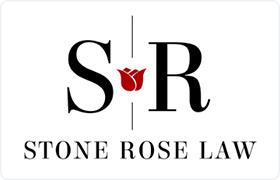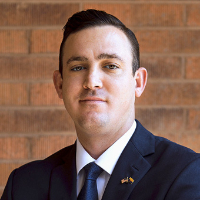Tolleson Criminal Lawyer, Arizona
Sponsored Law Firm
-
 x
x

Click For More Info:
-
Stone Rose Law
8010 E McDowell Road Suite 105 Scottsdale, AZ 85257» view mapCriminal Defense High-Quality & Affordable Representation
If you have been charged with a crime, you need experienced representation from a Phoenix criminal lawyer at Stone Rose Law.
800-964-0510
Michael Nicolas Chalhoub
Premises Liability, Criminal, Credit & Debt, Medical Malpractice
Status: In Good Standing Licensed: 9 Years
Michael Nicolas Chalhoub
Premises Liability, Criminal, Credit & Debt, Medical Malpractice
Status: In Good Standing
Jason R Eastman
Felony, DUI-DWI, Criminal, Accident & Injury
Status: In Good Standing Licensed: 17 Years
David E Ledyard
Trusts, Criminal, Wrongful Death, Accident & Injury, Employment
Status: In Good Standing Licensed: 45 Years
David E Ledyard
Trusts, Criminal, Wrongful Death, Accident & Injury, Estate
Status: In Good Standing Licensed: 45 Years
Coby Tyler Page
Litigation, Criminal, Securities Regulation, Business & Trade
Status: In Good Standing Licensed: 18 Years
James J Syme
Traffic, Criminal, Bankruptcy & Debt, Medical Malpractice
Status: In Good Standing Licensed: 51 Years
 Steven Scharboneau Scottsdale, AZ
Steven Scharboneau Scottsdale, AZ Practice AreasExpertise
Practice AreasExpertise
